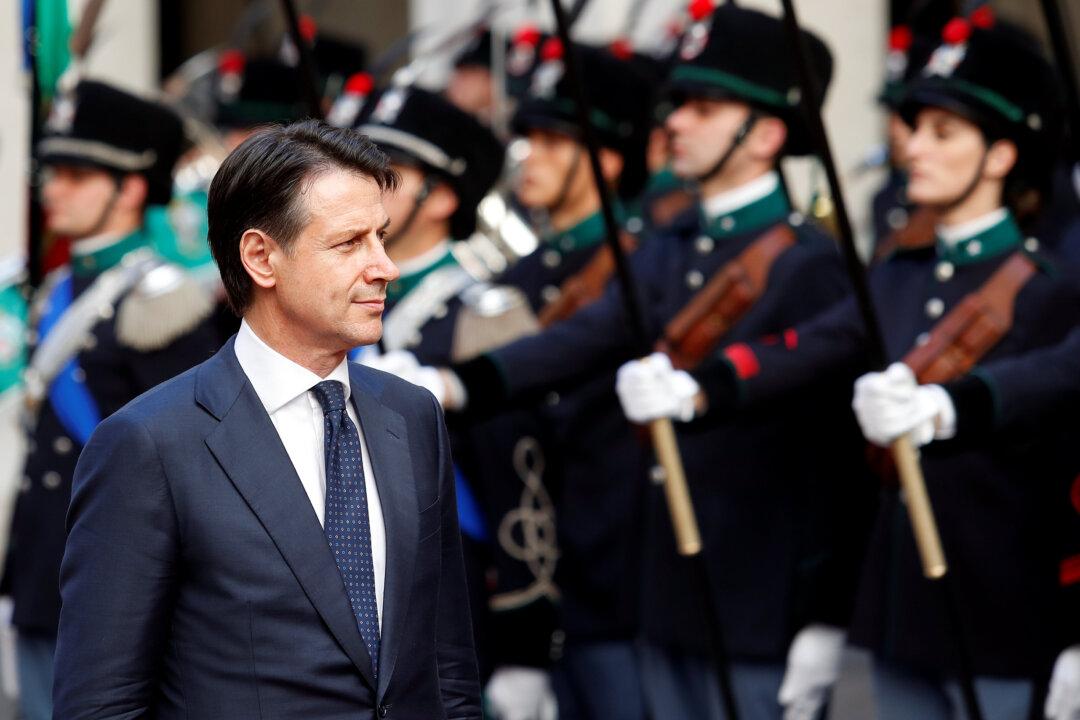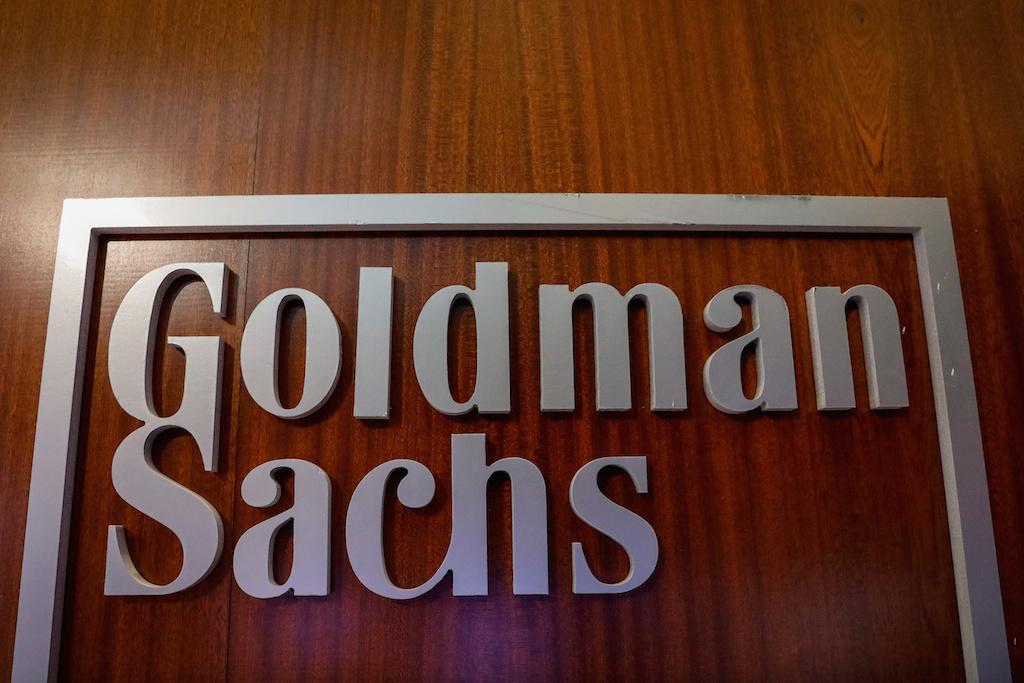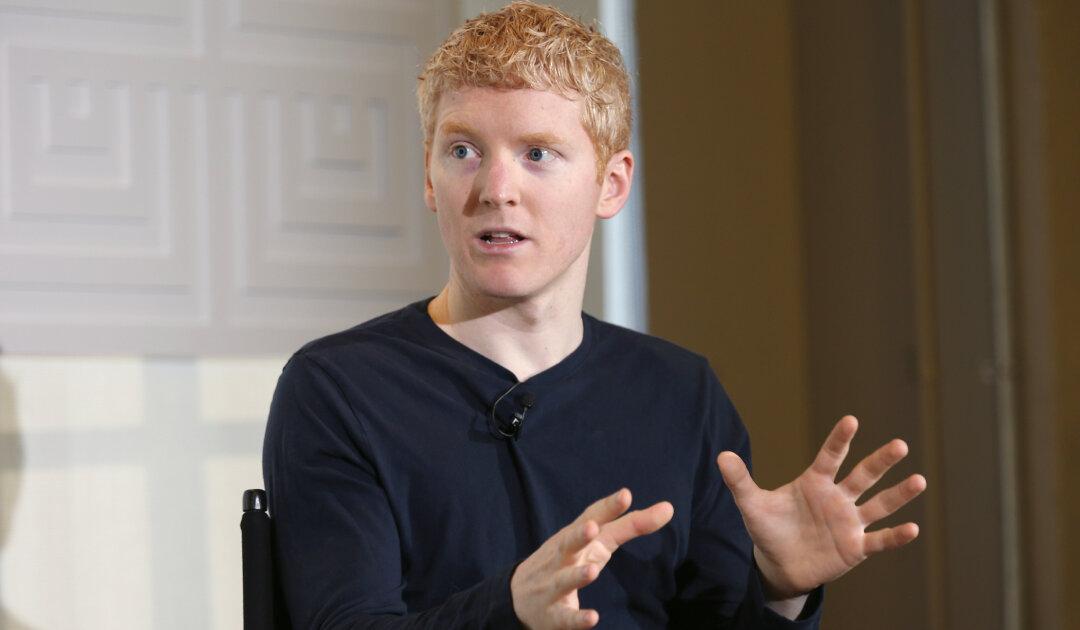Italian Prime Minister Giuseppe Conte insisted his government has no “Plan B” for its budget as the European Union demanded unprecedented changes to bring the country into line with spending rules.
While EU commissioners were discussing Italy’s violations at a meeting in Strasbourg Oct. 23, Conte said in a Bloomberg News interview that he was looking forward to explaining the 2019 budget to them. He suggested that Italy has some leeway to tweak aspects of the plan, but not actual spending. If he is asked to change the substance, “it will be difficult for me because I cannot accept that.”




